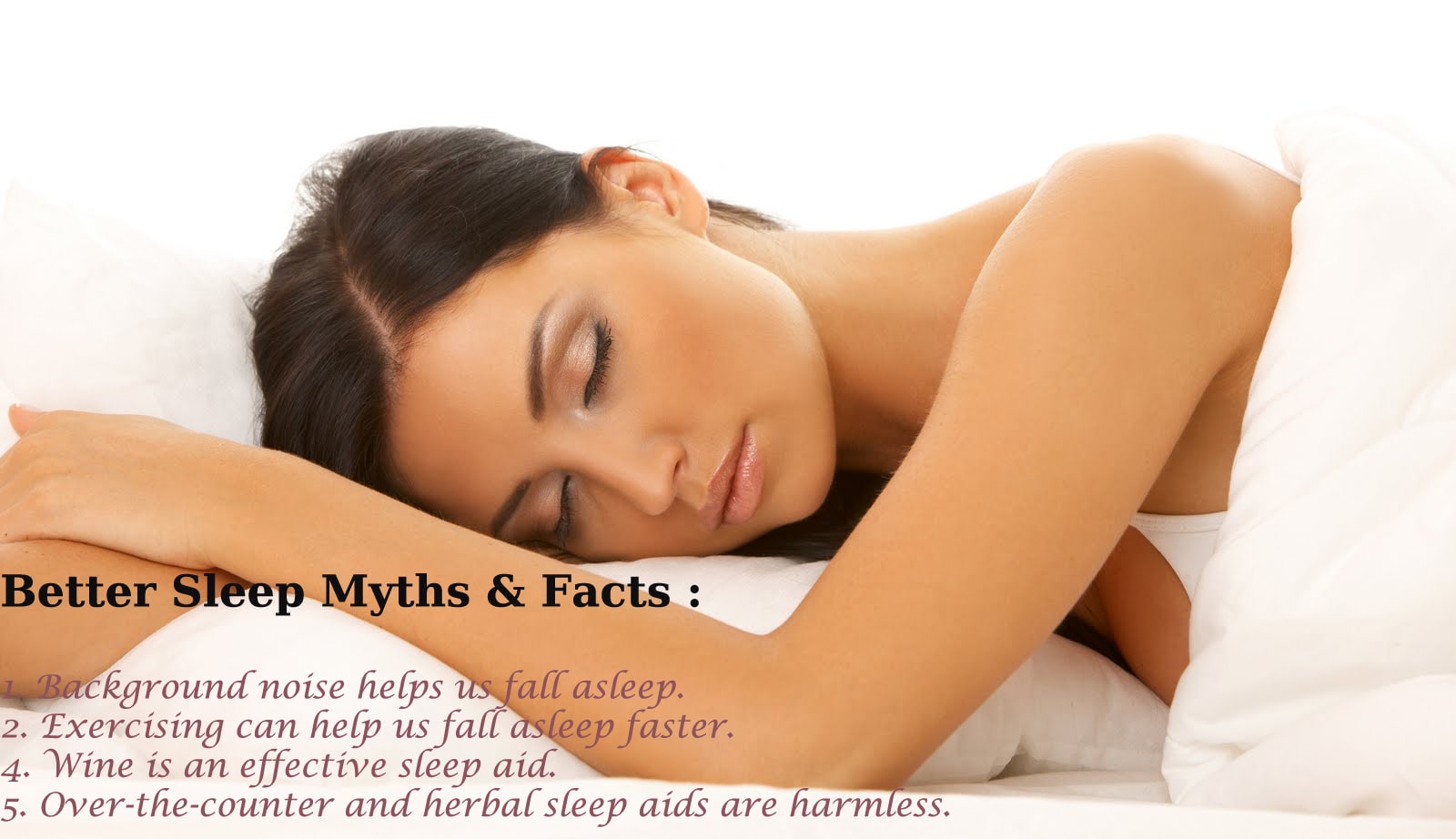Sleep Matters
Sleep, like breathing and eating, is a fundamental human need. As such, sleeping is an essential component of good health. Sleep is essential for memory, alertness, renewal and learning, and it influences your longevity and physical state.Increased Impairment in Judgment
While the exact percentage is unknown, sleep loss is attributed to increased impairment in judgment. According to a 2004 study led by Dr. Charles Czeisler at Harvard Medical School, hospitals can lessen the number of medical blunders by as much as 36 per cent by limiting a doctor’s work shift to 16 hours and reducing weekly work schedule to no more than 80 hours per week. Concerns of declining judgment is not limited to hospital employees. It is applicable to a variety of workplaces and settings. For example, a resource from the Division of Sleep Medicine at Harvard Medical School noted that investigators concluded inattention and fatigue caused by sleep loss played a vital part in the explosion of the space shuttle Challenger and the grounding of the Exxon Valdez oil tanker. In both catastrophes, the workers responsible for making critical, time-sensitive decisions were under acute sleep deprivation. Ultimately, negative effects of sleep deprivation like absentmindedness can manifest anywhere, whether you are behind the wheel of a machine or behind a desk.Chronic Health Problems and Weaken Immune System
The Center for Disease Control and Prevention acknowledges that chronic sleep loss can leave people at risk for serious health issues and ailments, including heart disease, stroke, hypertension and obesity. It can also compromise your immune system, leaving you vulnerable to illnesses, such as the common cold, the flu and numerous bacterial infections. Any such health issues can lead to difficulty performing daily duties in the workplace.Skin Aging
People often experience distended eyes and sallow skin after a few sleepless nights. Prolonged sleep loss, however, can lead to fine lines, dull skin and dark eye circles. Insufficient sleep causes the body to free additional stress hormone called cortisol. In surplus quantities, cortisol can disintegrate skin collagen, which is the protein that maintains skin smoothness and elasticity. Hence, sleep deprivation can create an environment for premature aging and adversely influence your overall appearance.Moodiness
Professor of medicine Meir Kryger at the University of Manitoba in Winnipeg, Canada says people who sleep inadequately can exhibit mood changes, such as irritability. Sleep deficiency can also bring about disorientation and an overall negative outlook. Some people are prone to losing their temper in the workplace, or they can become easily perturbed over minor incidences. Such moody behaviors can make for a hostile, unpleasant work environment. The negative effects of sleep deprivation can be damaging not only at work but also at home and on the road. If you are wondering how much sleep you should be getting daily, the quantity varies depending on your age. The National Sleep Foundation suggests that adults need 7-9 hours of sleep daily, teens (10-17 years) need 8.5-9.5 hours and children (5-10 years) need 10-11 hours. In essence, prolonged deficient sleep can lead to frequent lethargy, aging, irritability, difficulty concentrating, health challenges, memory lapses and poor performance on menial tasks as well as previously mastered tasks. As evidenced by some high-profile workplace disasters, sleep deprivation can result in inestimable emotional, ecological, physical and economic damage. You should adopt a consistent, adequate sleeping routine. The importance and value of sleep cannot be overemphasized.Simon Johnson is dedicated to the Perfect Nights Sleep at MyNextMattress



